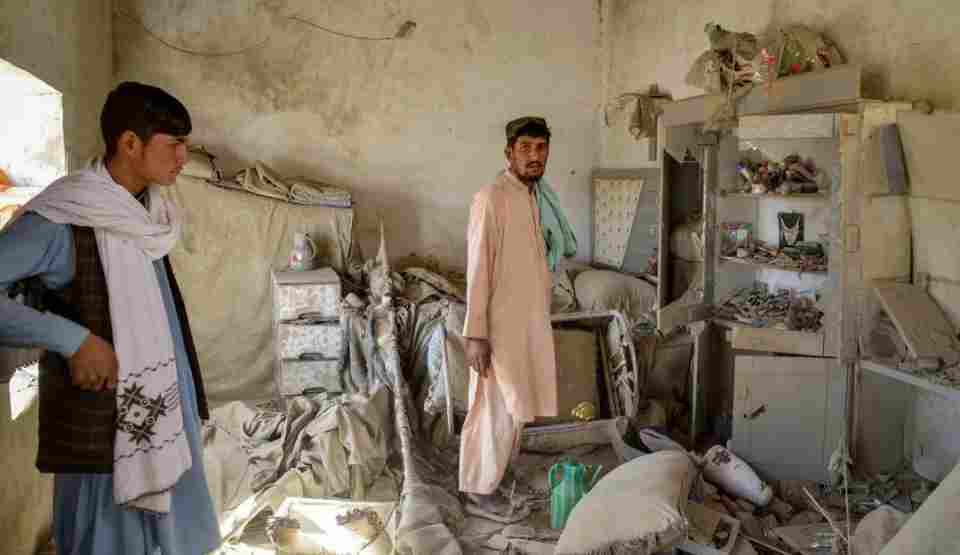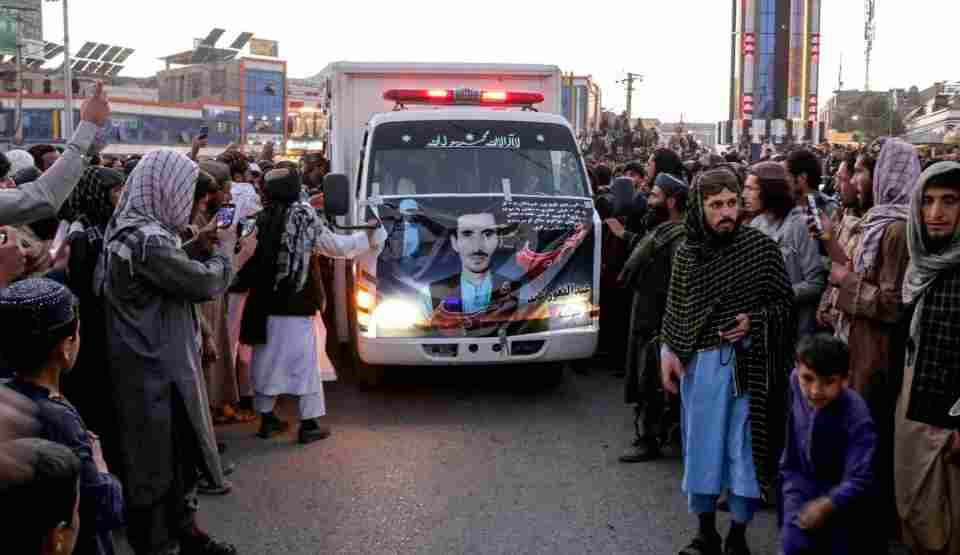A fragile 48-hour truce takes effect as both nations seek diplomatic solutions following week-long violence that claimed dozens of lives
Pakistan and Afghanistan implemented a temporary ceasefire on Wednesday evening following the most devastating border confrontations in years, which resulted in numerous fatalities and forced evacuations along both sides of the disputed frontier.
The 48-hour cessation of hostilities commenced at 6:00pm Islamabad time (13:00 GMT) on Wednesday, though both nations disputed who initiated the request for peace. Each government claimed the other had sought the pause in fighting.
Pakistan’s official statement confirmed the ceasefire duration while emphasizing diplomatic intentions: “During this period, both sides will sincerely strive to find a positive solution to this complex but resolvable issue through constructive dialogue.”

In Kabul, the Taliban administration instructed its military forces to honor the truce “unless it is violated” by Pakistani forces, according to a statement released by a government spokesman on social media platform X.
Escalating Violence Prompts Diplomatic Intervention
The temporary peace agreement followed seven days of intensifying hostilities along the mountainous border region. Taliban forces had launched coordinated offensives targeting positions along the southern Pakistani frontier, prompting Islamabad to issue warnings of decisive military retaliation.
The conflict’s roots lie in long-standing accusations by Pakistan that Afghanistan harbors fighters from the Pakistani Taliban (Tehrik-e-Taliban Pakistan, or TTP), who conduct cross-border attacks. The Taliban government in Kabul has consistently rejected these allegations.
As diplomatic tensions reached critical levels, two explosions rocked Kabul on Wednesday evening, sending plumes of black smoke billowing above the Afghan capital. Taliban spokesman Zabihullah Mujahid attributed the blasts to an oil tanker and generator explosion, emphasizing they were unrelated to the border hostilities.

Major Border Post Assaults
Earlier Wednesday, Pakistan’s military reported that Afghan Taliban fighters launched simultaneous assaults on two strategically important border installations in the country’s southwest and northwest regions. According to Pakistani military sources, both attacks were successfully repelled, with approximately 20 Taliban combatants killed near the border town of Spin Boldak in Afghanistan’s Kandahar province.
“Unfortunately, the attack was orchestrated through divided villages in the area, with no regard for the civil population,” the Pakistani military stated in its official account. Military officials reported roughly 30 additional casualties resulting from overnight confrontations along Pakistan’s northwestern frontier.
Disputed Casualty Figures
The Taliban administration offered sharply contrasting accounts of the violence. Afghan officials claimed that 15 civilians were killed and dozens wounded near Spin Boldak, acknowledging losses of “two to three” Taliban fighters. Spokesman Mujahid asserted that 100 civilians sustained injuries and claimed Pakistani soldiers had been killed while Taliban forces captured military equipment—statements Pakistan’s military categorically rejected as “outrageous and blatant lies.”
While Pakistani authorities did not disclose recent casualty figures from this week’s fighting, they had previously confirmed 23 soldiers were killed in confrontations the previous week.
Cycle of Retaliation
Taliban government officials justified their offensive as “retaliation for air strikes carried out by the Pakistani army on Kabul.” Following Islamabad’s pledge of a robust military response on Sunday, both sides reported significant casualties in subsequent engagements.
The conflict has exacted a tragic toll on civilians and journalists covering the hostilities. Abdul Ghafoor Abid, a journalist with Afghanistan’s state television network, was killed on Sunday by Pakistani fire while reporting on the border conflict in Khost province, according to Taliban officials.
Humanitarian Impact
The week-long violence forced evacuations in border communities on both sides, displacing families from villages caught in the crossfire. Local residents described scenes of chaos as artillery exchanges and gunfire echoed through mountain valleys that straddle the disputed frontier.
Funeral ceremonies were held across affected regions, with mourners gathering to honor fallen soldiers and civilians. In Pakistan’s Khyber Pakhtunkhwa province, residents carried coffins of paramilitary soldiers killed in the clashes. Across the border in Afghanistan’s Paktia province, relatives gathered around Taliban flag-draped coffins, including that of slain journalist Abid.
Path Forward Uncertain
As the 48-hour ceasefire takes hold, questions remain about whether both nations can translate the temporary peace into lasting diplomatic progress. The border dispute represents decades of unresolved territorial and security tensions between the neighboring countries.
Both governments have expressed commitment to dialogue during the ceasefire period, though fundamental disagreements over border security, militant sanctuaries, and territorial sovereignty continue to complicate prospects for a permanent resolution.
The international community has called for restraint and peaceful resolution of the conflict, which threatens regional stability and has already resulted in devastating loss of life on both sides of the border.






